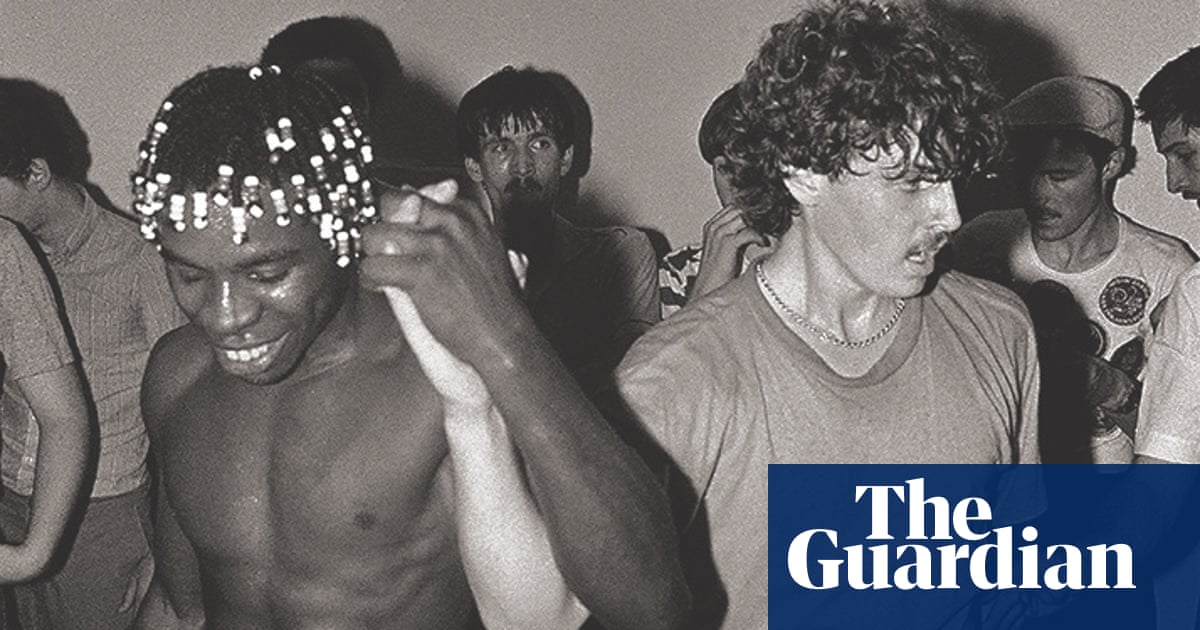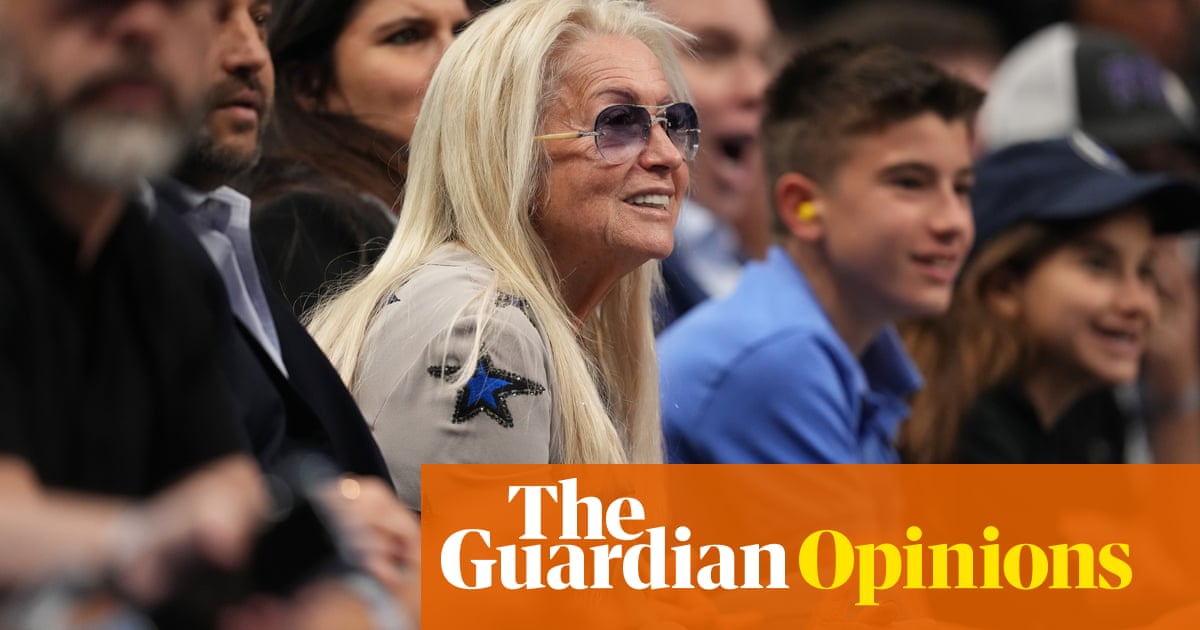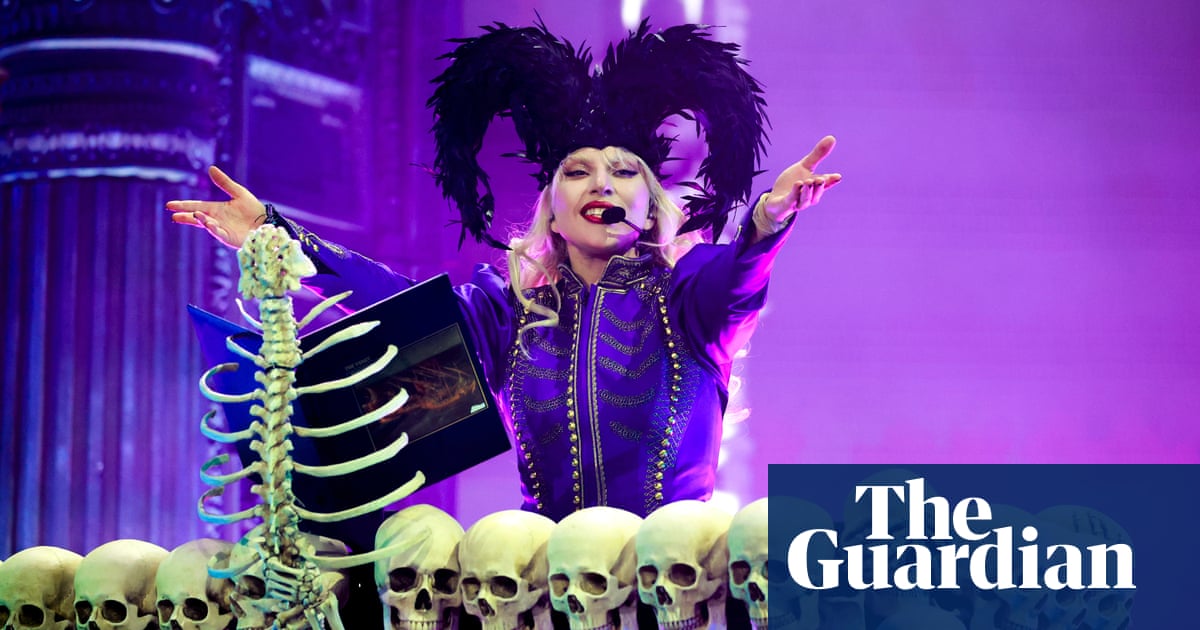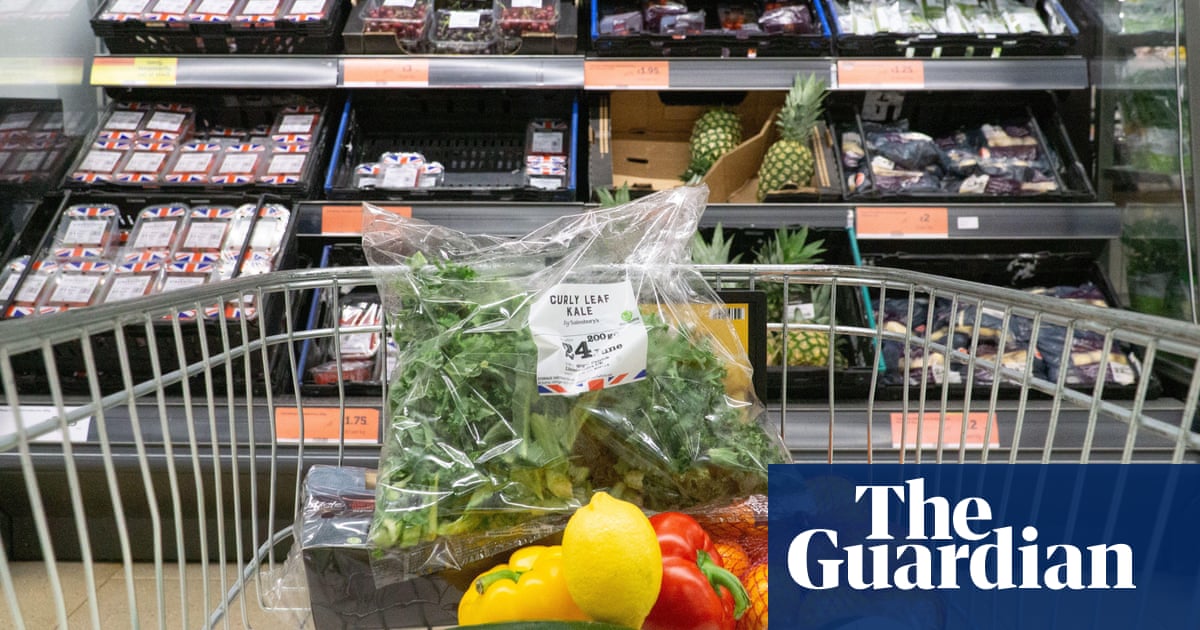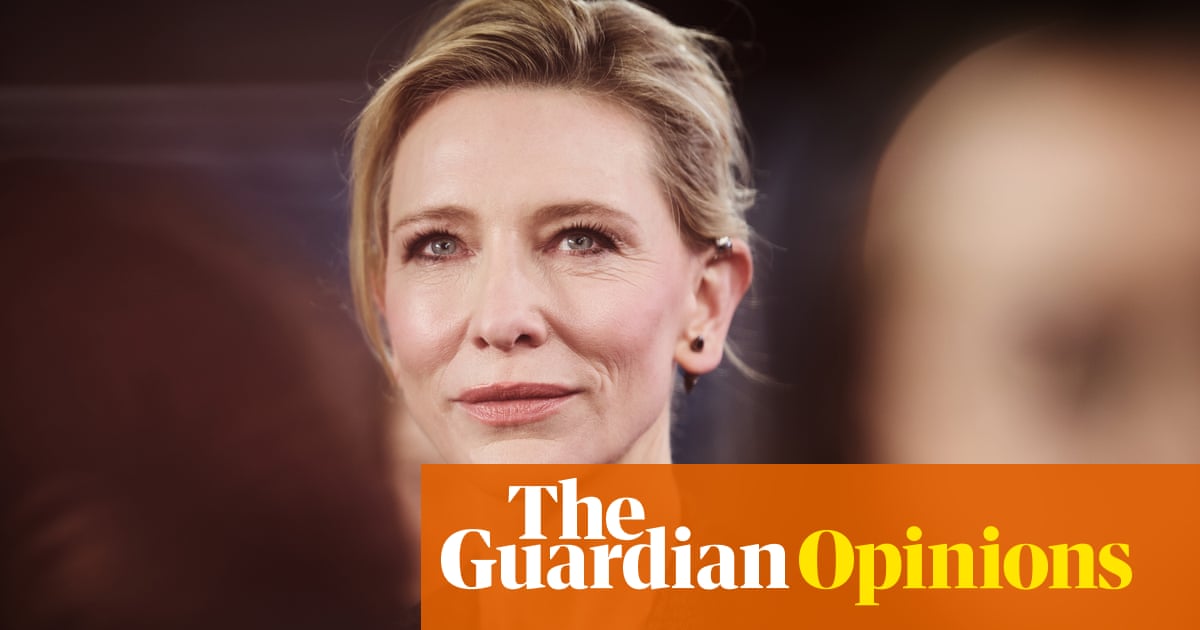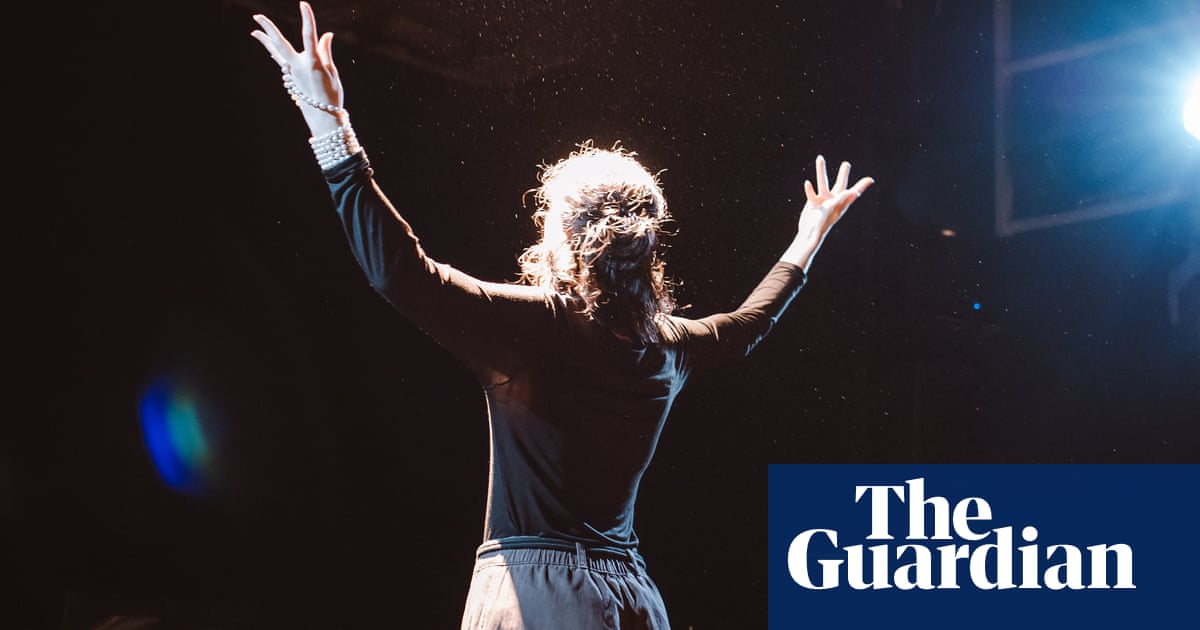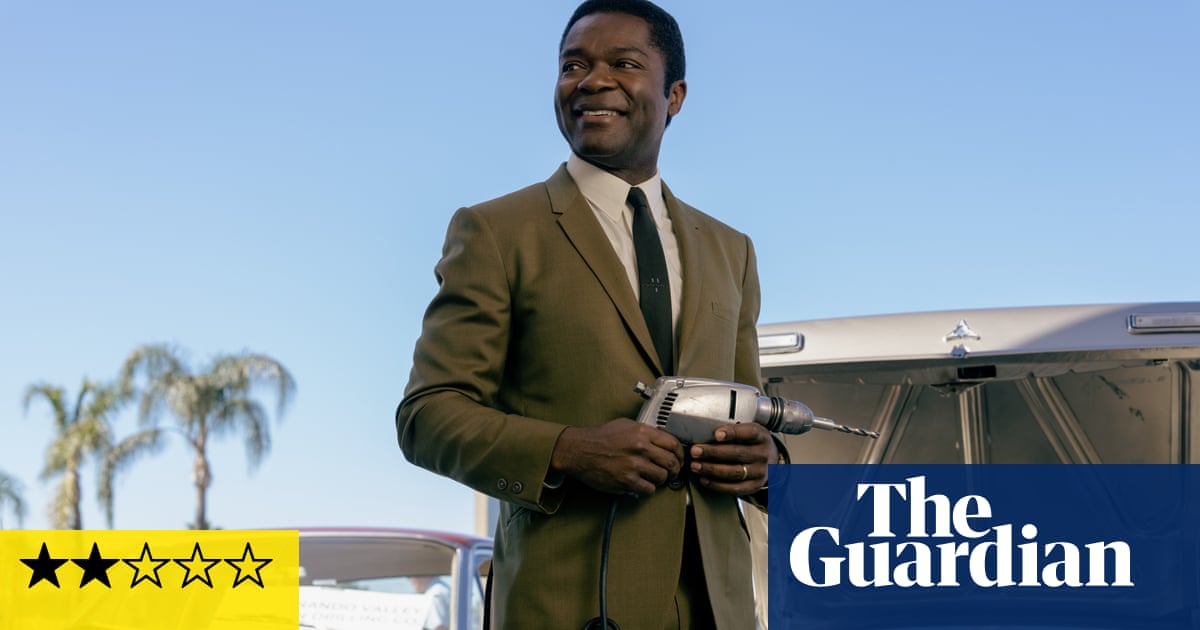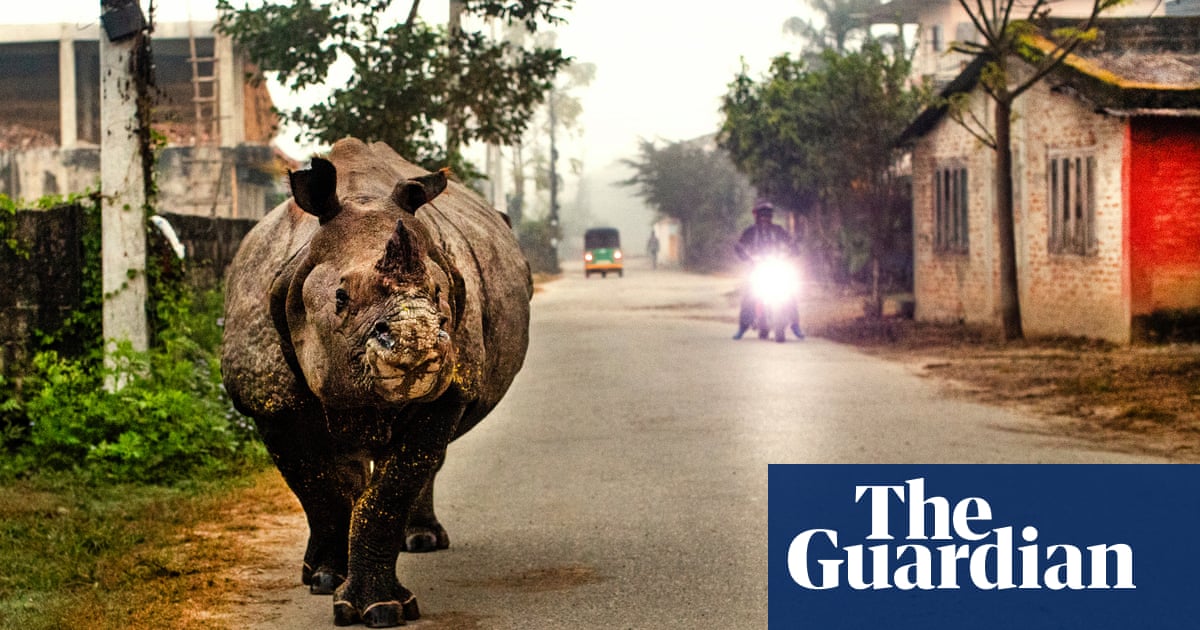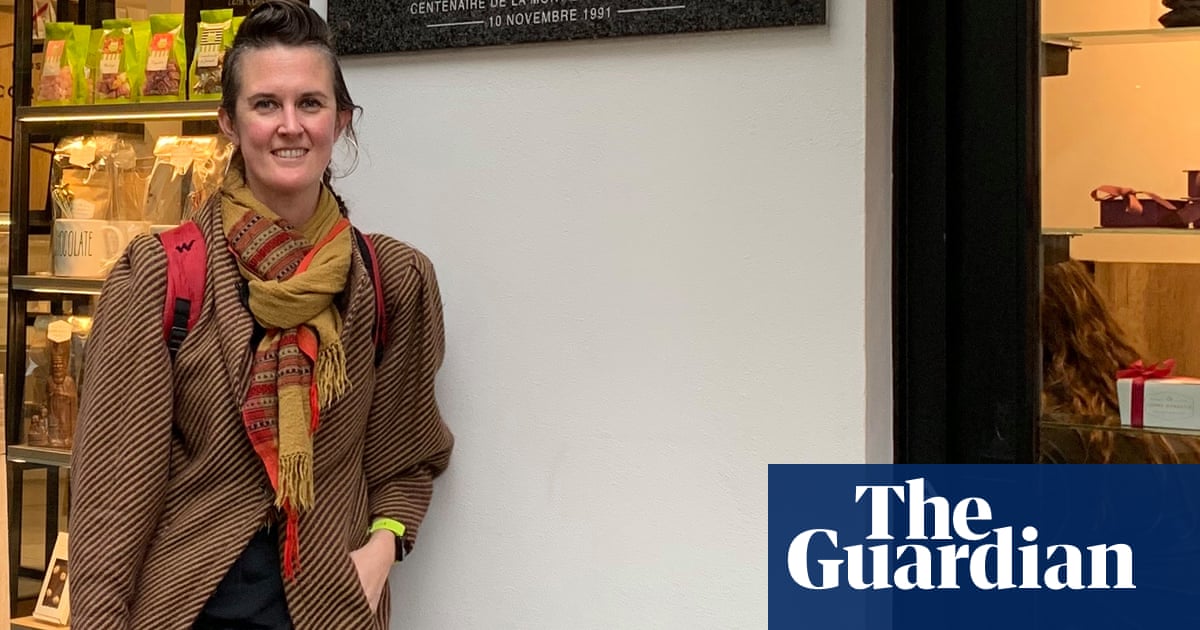The title of the new documentary Bad Influence: The Dark Side of Kidfluencing is interesting. It could be said to presuppose the existence of a good side to allowing, encouraging or coercing young children and early teens to put their lives online for attention and validation (or deliberately creating content to attract subscribers, brand interest and sponsorship deals). But perhaps, you think, I am being hopelessly old-fashioned. Perhaps this is the way forward. Perhaps it is the way things are these days. Who am I to say how youngsters should connect, spend their time, be raised in 2025?
I understand this impulse to ignore the past. I almost admire it. It is good for us all, as we get older, to fight against the creeping belief that the past was better. It is a canard, a conflation of the happy memories of childhood, of being young, carefree and ignorant. You simply weren’t aware of the problems of the world, the ugly truths it contained: the past was never better, you simply didn’t know enough about it.
If you can keep fighting that fight with any conviction by the end of Bad Influence, however, I would have to invite you to interrogate at what point hope and optimism transform into denial. Because this is very much a story about the now and not a single part of it is better than any aspect of then.
The three-parter focuses on the rise and, if not fall, then forcible diversification of child-then-teen social media star Piper Rockelle and her mother and manager, Tiffany Smith. After Rockelle’s success within the bizarre American phenomenon that is the toddler and child pageantry circuit, Smith took her on to social media. To increase her daughter’s appeal and her YouTube channel views and follower numbers, Smith gradually added other children – friends? performers? – to Rockelle’s videos, and they became known and loved by their ever-growing audience as “the Squad”. Smith’s much younger boyfriend, Hunter Hill, would film the videos as she directed. At her peak, Rockelle was making more than half a million dollars a month from her content.
In 2022, 11 former members of the Squad filed a lawsuit against Smith and Hill, alleging violations of child labour laws, alongside being subject to “inappropriate, offensive and abusive treatment” including “wildly offensive and sexually explicit comments” from Smith. One former member, Corinne, says she remembers at the age of 12 or 13 going to a post office with Smith, who was sending off what appeared to be a package of Rockelle’s underwear. When she asked why, she says Smith declared: “Old men like to smell it.” Smith and Hill deny all allegations and the lawsuit was settled last year without admission of any liability.
Across three episodes, there are interviews with former performers, none of whom look old enough to be long out of their teens – if they are at all. We hear from family members who became increasingly concerned about the filming (and Rockelle’s apparent absence from school from the age of eight), and we meet the mothers of the children who took part. It builds a picture of a woman whose powers of manipulation and business savvy found an ideal home in the shadowy world of online content creation with children. The field operates on the margin between professional and domestic, so nobody can be sure where labour laws, for example, begin or end, or when allowing children to express themselves on camera for fun morphs into monetisation. It is deeply murky as to whether monetisation can ever be anything other than exploitation, or whether children expressing themselves on camera for fun can ever be benign, given what we know about the likelihood of predators in their potential audience. The programme notes a study that found that 60% of content discovered on the computers of people sexually interested in children came from social media sites, and that about 92% of an audience for teen girl influencers is likely to be adult men.
Beyond that, of course, there are the shocking allegations about Smith’s sexual behaviour towards the children which, if the claims are true, does not operate at shadowy margins but is clearly wrong in every way. And the programme touches on the power of people with Smith’s apparent gifts for dividing, ruling and gaslighting (“Sometimes you didn’t understand how she was getting you to do these things,” says her niece, Claire) to create cult-like groups that even unsettled adults – soon forbidden to attend their children’s filming sessions – were reluctant to leave for fear of the consequences. That said, it did feel that the question of parental responsibility was slightly glossed over by the film-makers. It doesn’t lessen the magnitude of Smith’s crimes to ask as well where other boundaries lie.
-
Bad Influence: The Dark Side of Kidfluencing is on Netflix

.png) 1 week ago
11
1 week ago
11



